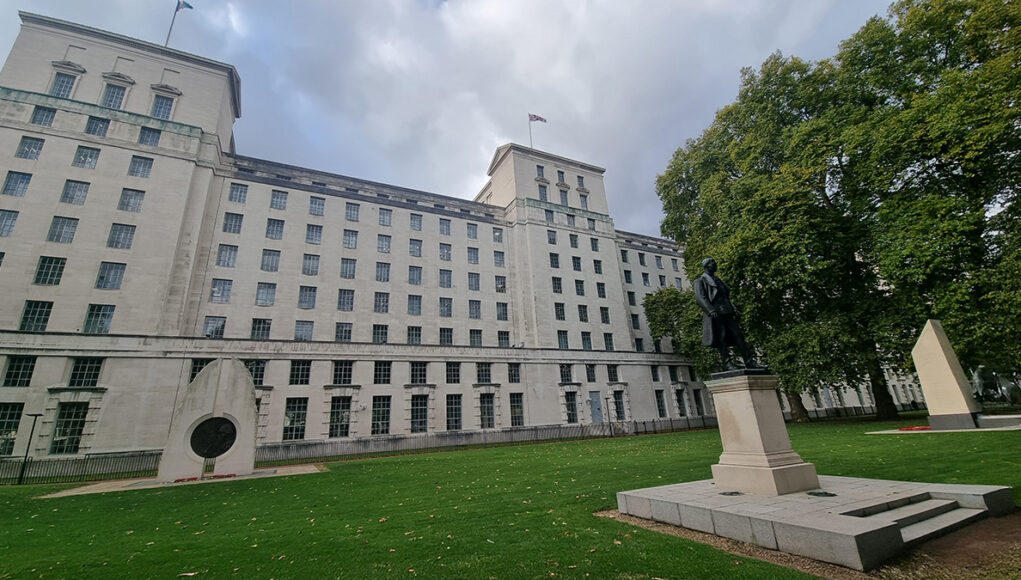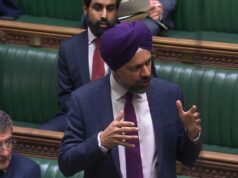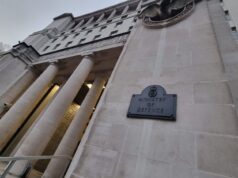Parliament’s inquiry into the Afghan data breach has heard allegations that mishandling by the Ministry of Defence led to deaths among Afghans whose personal information was exposed.
Witnesses told MPs that government secrecy, including a two-year super-injunction, obstructed scrutiny and delayed warnings to those at risk. The MoD is now facing questions over how the breach occurred, who was affected, and whether its response was proportionate.
Anonymous written evidence submitted by an independent volunteer caseworker, identified as Person A, claimed to have been the first to discover the breach in August 2023. The witness said they were helping Afghans targeted by the Taliban when an individual appeared online claiming to possess the MoD’s relocation database. “The anonymous poster claimed to be in possession of 33,000 records,” the submission stated. “Afghans have been adversely affected by the data breach, in some cases fatally.”
According to the account, the caseworker alerted both officials and ministers but received “no reply from the Armed Forces Minister until [they were] tagged in a post on Twitter.” The witness said they had advised several Afghan families to change location and phone numbers after hearing of arrests by the Taliban, describing the government’s response as “badly handled.”
Journalists from The Daily Mail, The Independent, and The Times also submitted evidence detailing their involvement in nearly two years of secret legal proceedings that followed the 2023 leak. They said the MoD’s pursuit of a super-injunction, originally intended to prevent further exposure, “stifled accountability” and kept Parliament in the dark. They told MPs that Mr Justice Chamberlain, who presided over the case, invited them to attend hearings as “de facto public observers” to provide some measure of independent oversight.
Their submission included documents showing that, in 2023 and 2024, the MoD repeatedly described a “grave risk of death or torture” for Afghans named in the dataset. By mid-2025, however, a government review found that the information was “likely to be of more limited value” and that the injunction was no longer justified. The journalists said the department’s evolving language demonstrated “mission creep” in how secrecy was used, adding that Afghan families were left uninformed and fearful throughout the process.
Academic research from the UCL Institute of Education presented a broader picture of the Afghan relocation schemes ARAP, ACRS and ARP. The submission described them as “a vital lifeline” for many Afghans, providing immigration support, language classes and housing, but noted that early coordination failures and prolonged hotel stays delayed integration. The researchers also found evidence of deskilling and mental health challenges, exacerbated by the data breach, and called on the government to “rebuild trust with Afghans” by clarifying its responsibilities to those affected.
Defence Minister Luke Pollard has defended the MoD’s cooperation with the inquiry, submitting a detailed response to the Defence Committee’s questions. In a letter to committee chair Tan Dhesi, Pollard confirmed that “hundreds of pages of documents” from the super-injunction proceedings will be provided to Parliament, including court bundles and redacted versions of Cabinet and interdepartmental papers. He said redactions were applied “only for national security or personal information reasons.”
Pollard described the release of Cabinet documents, particularly those from the previous administration, as “exceptional” but justified given the need for transparency. “In this specific instance, due to the previous disclosure in the super-injunction proceedings and our desire to ensure full parliamentary scrutiny of this issue after being kept in the dark for too long, they are being provided to the Committee within these bundles,” he wrote. He added that the disclosure “should not be assumed to set a precedent for future cases.”
Pollard also offered a private briefing for MPs on classified aspects of the Afghan Resettlement Programme and announced an internal departmental review to assess the MoD’s handling of the incident. “The findings of this review, in which we will be keen to include recommendations from the Committee where possible, will be used as a mechanism to improve ways of working in the future,” he said, acknowledging that operating under the injunction had been “deeply uncomfortable.”
The Defence Committee is expected to call additional witnesses, including officials involved in the evacuation and data protection process. MPs will consider whether the MoD’s actions, including its use of secrecy powers, were proportionate and whether the Afghan resettlement schemes remain fit for purpose in light of the breach and its consequences.













